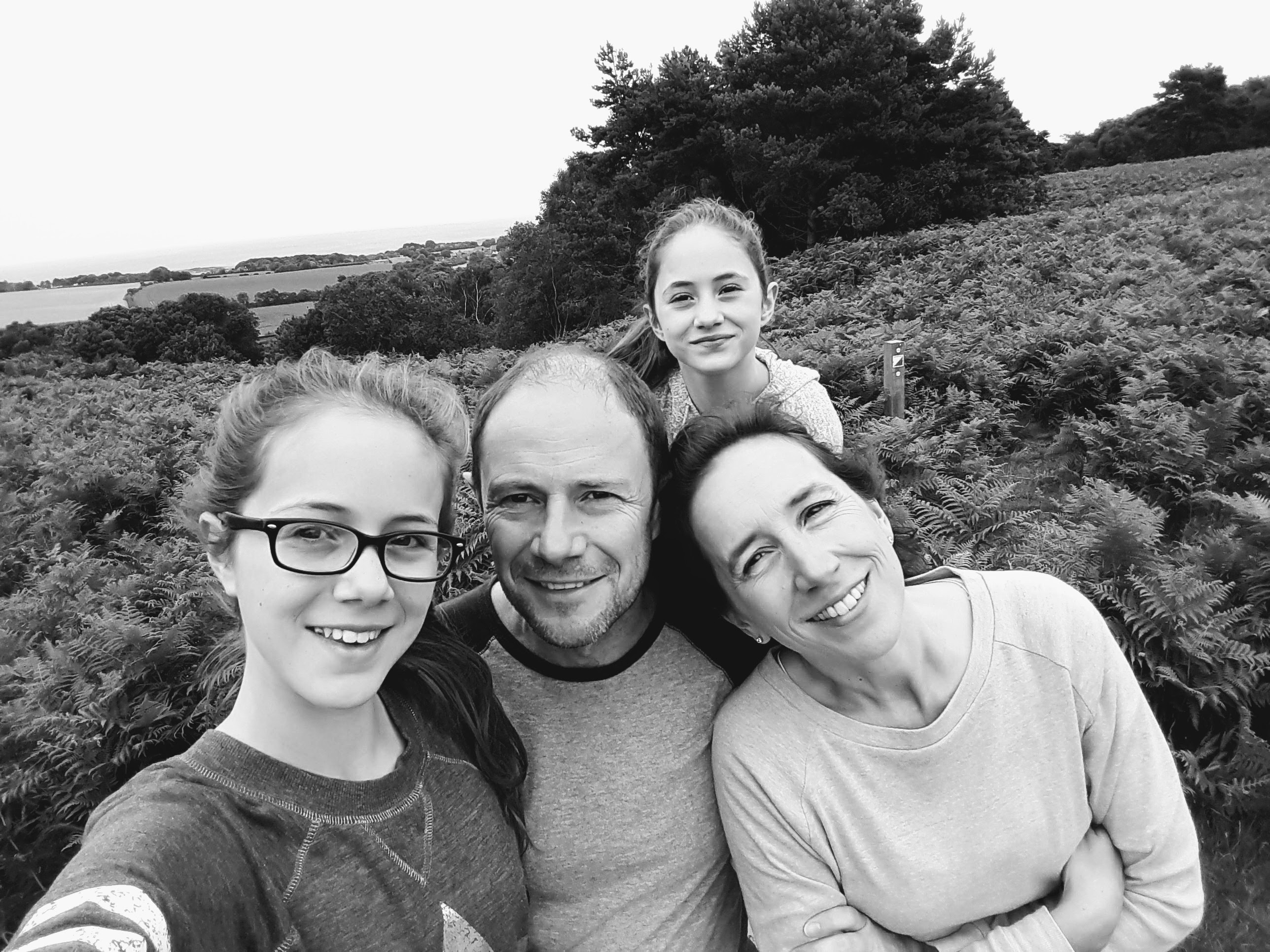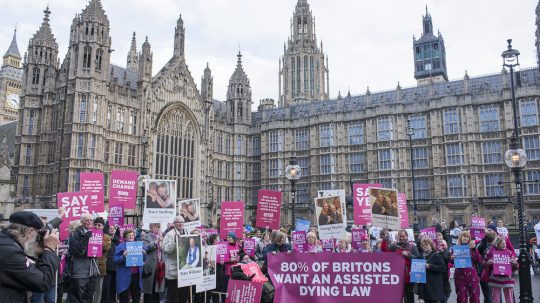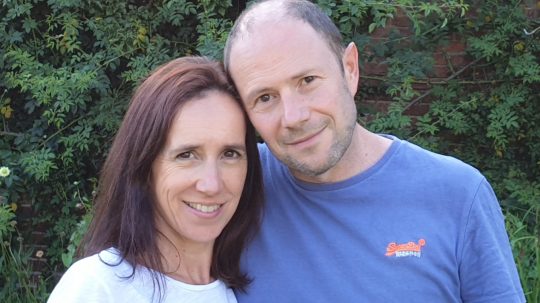A terminally ill dad is calling for a government inquiry into the UK’s blanket ban on assisted dying after the Court of Appeal rejected his human rights challenge.
Phil Newby, 49, has motor neurone disease (MND) – a fatal and incurable illness causing progressive muscle weakness ‒ and can no longer walk or user his lower arms.
The father-of-two, from Rutland in the East Midlands, sought permission for a judicial review of a law which makes it a criminal offence for people to end their own lives.
His case was that the courts should undertake a “detailed examination of the evidence”, including from countries where assisted dying is legal, to decide if the ban is compatible with his human rights.
Newby tried to take his challenge to the Court of Appeal after the High Court ruled last year that it “is not an appropriate forum for the discussion of the sanctity of life”.
But the on Thursday (30 January) he was denied permission to appeal.
In a written order, Lord Justice Dingemans said: “I have refused this application for permission to appeal and to apply for judicial review because there is no other arguable grounds for judicial review and no compelling reasons to hear an appeal.”
In 2018, the Supreme Court rejected the UK’s first ever challenge to the ban on assisted dying brought by Noel Conway – who also has motor neurone disease. Dingemans said there was no chance the court would depart from this decision in Newby’s fresh case.
He added that the court “cannot sensibly be comprehensive” in weighing up the “fundamental conflict” between the right to life and the right to autonomy that is thrown up by the question of assisted dying. Rather, Parliament is “entitled” to consider this question.
Reacting to the decision, Newby said: “Whilst I am thoroughly disappointed that the Appeal Court has refused my case a hearing, this decision has made it clear that judges will not engage on the issue of assisted dying, which means that it is down to Parliament to act.”
Justice secretary Robert Buckland said last week that he would consider reviewing the evidence for assisted dying.
Figures released this week from Dignitas, an assisted dying organisation in Switzerland, reveal that one person from the UK travels there for an assisted death every week.
Sarah Wootton, chief executive of Dignity in Dying, added: “For those who cannot afford the £10k price tag, many are forced to take matters into their own hands, with hundreds of terminally ill people ending their lives in the UK every year.
“Others without the strength or means to act are forced to suffer unbearably against their wishes in their final weeks and days.
She added: “It’s time for the UK to scrutinise our backward laws, not dying people and their loved ones.”



